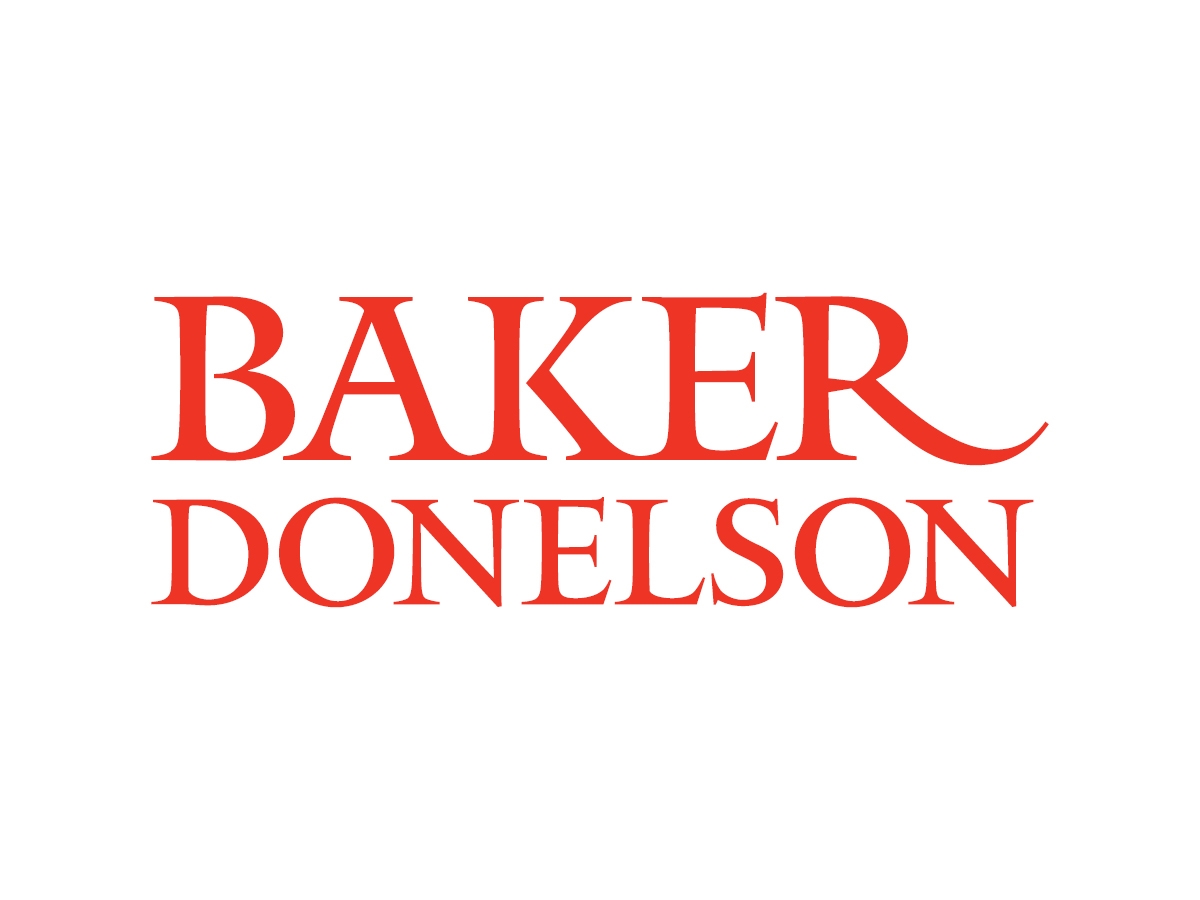Baker Donelson
On the 14th of August, Judge Corrigan of the Middle District of Florida in Properties of the Villages Vs. FTC found that the FTC lacked the authority to implement its planned Noncompete Rule and issued an order to grant an injunction to the plaintiff alone. The court, like the Texas federal court in Ryan declined to grant an injunction nationwide. The only legal obstacle left to the implementation of FTC Noncompete Rule will be the Ryan court’s final decision on the Rule. This is expected by August 30, 2024. These developments make it imperative that businesses across industry sectors including, energy, financial services, health care, manufacturing, technology, telecommunications, retail, and hospitality, to evaluate improvements to existing plans to protect competitive and confidential information.
In our last alert, we focused on the value of audits as a core action in any robust protection plan to ensure maximum security and protection of your trade secrets and confidential information. Once that key information is gathered, every company needs to ask itself: if the FTC’s non-compete ban ultimately takes effect, is my business as protected as it can be from unauthorized access, misappropriation, and misuse of my valuable confidential information?
If the answer is anything other than an unqualified “yes,” the next step should be determining how you can improve the protections available to the company. Successful companies will use a multidisciplinary approach that involves a variety of business initiatives to legally protect confidential information. This topic will be explored in greater detail during our webinar on August 27 titled “Preparing For September 4: Protecting Trade Secrets, Competitive Edge and Goodwill Amid The FTC’s Ban on Non-Competition Agreements.” Click here to register for that program.
While any combination of policies, training, physical and electronic security controls, and agreements can be effective, the most successful approach will be one that looks at these various tools as part of an overall program designed to create a culture of confidentiality, security, and compliance. The FTC’s Noncompete Rule was issued to eliminate non-competes. According to the FTC overbroad nonsolicitation clauses that limit an employee’s right to solicit other employees or vendors after employment, in the same way as non-competes do, will expose employers to violations of the new rule. The audit we recommended in our previous alert will inform companies of the current status and effectiveness of their protections. Next, ask if and how the current protections could be expanded and improved. Legal counsel should be involved to ensure that, to the extent possible, the deliberative processes are protected by the attorney-client confidentiality. This effort should include a combination, depending on a company’s business structure and needs: business and financial personnel who are familiar with the competitive nature and treatment of business information in the industry, information technology and security (IT & IS), to discuss systems and processes already in place or that could be deployed, and human resources, to cover employee training, policies, and agreements in place, or that could be revisited. After an audit, these constituencies should be brought to the table to answer the fundamental question: How do we design a reasonable and legal plan to protect our confidential information that is competitively sensitive? Topics to be discussed will depend on the nature, scope and offerings of the company, the business environment, industry standards, and the available technology and resources. The constituencies should address:
Categories of Protectible Information
. What confidential information does our company own and, by ranking, what is the most important category that our business depends upon?
Operational and Human Resource Policies
- . Are our current policies addressing the operational and business requirements of our company and protecting our various categories of confidential information adequately? This should include all policies, such as those relating to systems and property, personal use of devices and systems, and social media. Are our policies in line with other applicable laws, such as the National Labor Relations Act requirements?Cybersecurity Policies
- . Are our company’s physical security protocols and logical processes adequate to protect the different categories of confidential data? Or could they be improved by using additional tools or re-designing them? Where are the greatest threats to this information’s exfiltration? Has the company reasonably limited access of competitively sensitive information to those employees who need it to perform their essential job functions?Training Implementation and Execution
- . Does our company need to revise or update its training on the importance of confidential information? Does our training accurately and adequately express to employees (and, in particular, supervisors) why confidential information and trade secrets are critical to the company and the employees?Nondisclosure Agreements
- . Nondisclosure Agreements. These agreements not only reinforce and acknowledge the employer’s confidentiality and security policies, but also create a framework that protects data and ideas against being shared or disclosed to a third party. As such, it is critical for companies to consult with counsel to ensure their agreements are enforceable under the state or states’ law are most likely to be applied in the event of a dispute.
- Non-solicitation Agreements. Has the company established and enforced reasonable nonsolicitation agreements which are compliant with the applicable law, don’t overburden employee mobility and protect relationships that are essential to the business? Consult with your attorney if you do not currently use these types of agreements. If you already have such agreements in place, review them with your counsel to ensure they are enforceable, and like nondisclosure agreements, with applicable state law.
- On-Boarding and Off-Boarding Protocols. Does the company have an on-boarding and off-boarding protocol that protects confidential information for new and departing employees? Discussion of these policies will likely bring to surface business operational issues, such as creating redundancies to ensure no customer, system, or project is solely addressed by one employee.
- Antitrust Policies and Guidance. Does the company need to update its antitrust compliance policies and program to ensure that the company’s employees understand the requirements around antitrust and employees?
- Interactions with Labor Competitors, Including Information Sharing and Benchmarking
- . What formal or informal interactions does the company have with labor competitors? This could include information exchange or benchmarking or contacts with competitors which could be interpreted to be no poach agreements. Antitrust agencies and plaintiffs’ antitrust lawyers have targeted industry information-sharing arrangements and alleged “no poach” agreements. The antitrust agencies have recently revoked long standing antitrust guidance setting out “safe harbors” or “safety zones” for benchmarking.Antitrust Policies, Training and Guidance. Should employees be required to receive regular training to emphasize the importance of antitrust compliance? Should employees be getting mandatory regular training to emphasize the importance of antitrust compliance?
- In the event that companies need to act to enforce their rights, contractual or otherwise, against an employee, competitor, or otherwise, advance efforts such as those outlined above in terms of creating a plan that designates, contains, and monitors confidential information and trade secrets will be critical evidence of their legal status and their value to the company.In short, companies should reevaluate the entire program – both individually and the overall “fit” of the program – with the various constituencies to ensure that it works well overall. Advanced planning will help you see opportunities to improve your systems now and prevent you from discovering them in an emergency.
Baker Donelson will continue to monitor and update on developments associated with the Non-compete Rule, which remains set to take effect on September 4.






